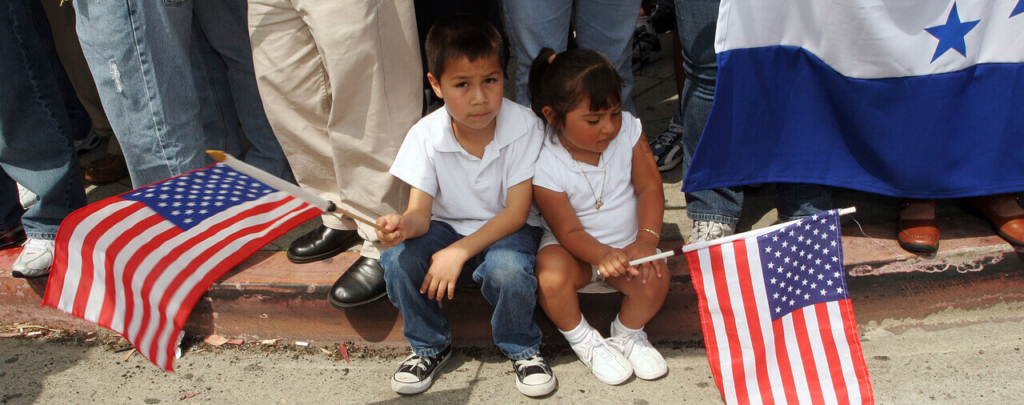
SIJ Adjudications After Request for Evidence (RFE)
The USCIS updated its guidance on the 180-day period for adjudicating special immigrant juvenile petitions by removing provisions for tolling the 180-day period.
Home Immigration Blog Immigration To The USA Special Immigrant Juvenile

The USCIS updated its guidance on the 180-day period for adjudicating special immigrant juvenile petitions by removing provisions for tolling the 180-day period.

This article examines the eligibility requirements for special immigrant juvenile classification if abuse, neglect, abandonment, or something similar took place.

Learn about adjudication of special immigrant juvenile petition, including requisite juvenile court findings and special immigrant juvenile interviews
-1024x405.jpg)
Special immigrant juvenile petitioners may apply to file their Form I-360 petition in person with a USCIS field office within two weeks of their 21st birthday.

This article covers Special Immigrant Juvenile-based adjustment of status for people who are granted special immigrant juvenile classification.

CJLG v Sessions – 9th Circuit held that an alien minor was not apparently eligible for special immigrant juvenile classification in his removal proceeding because…

27 Whitehall Street, 5th Fl New York, NY. 10004
Attorney Advertising: prior results do not guarantee similar outcomes.

Copyright © 2025 My Attorney USA. All Rights Reserved